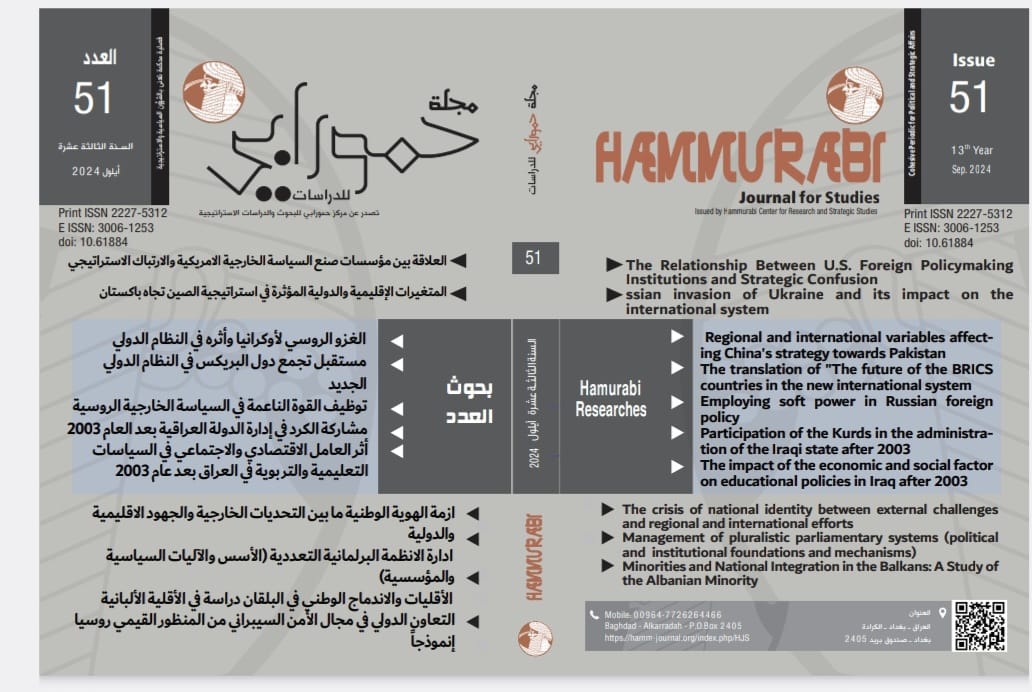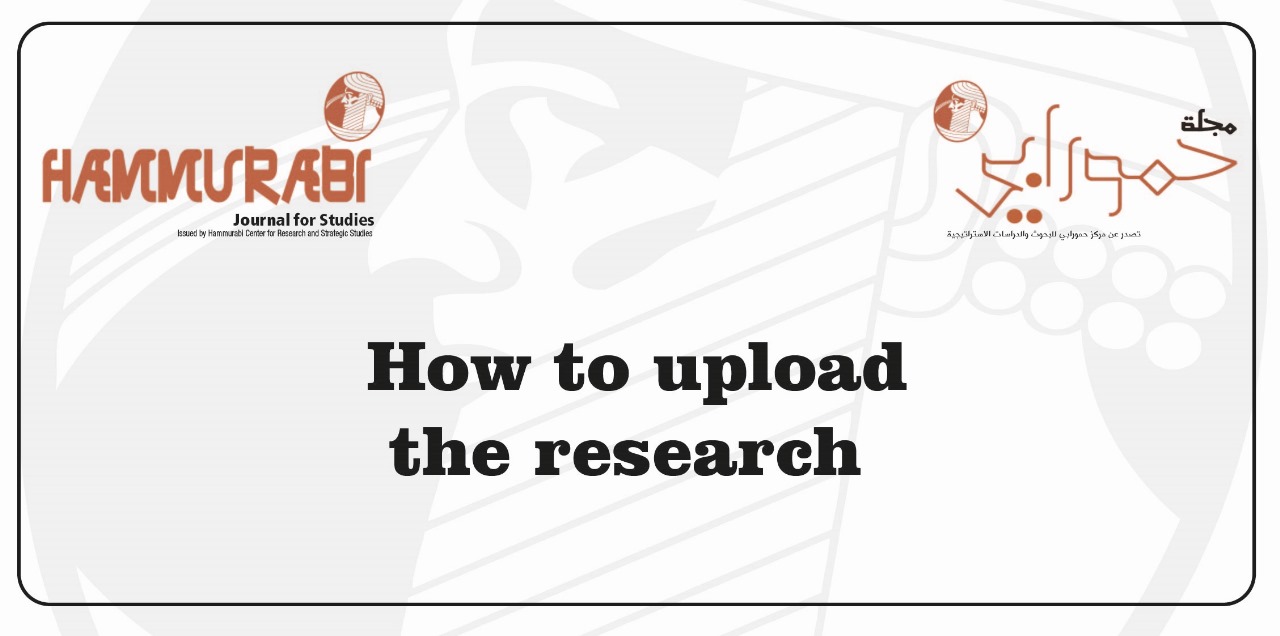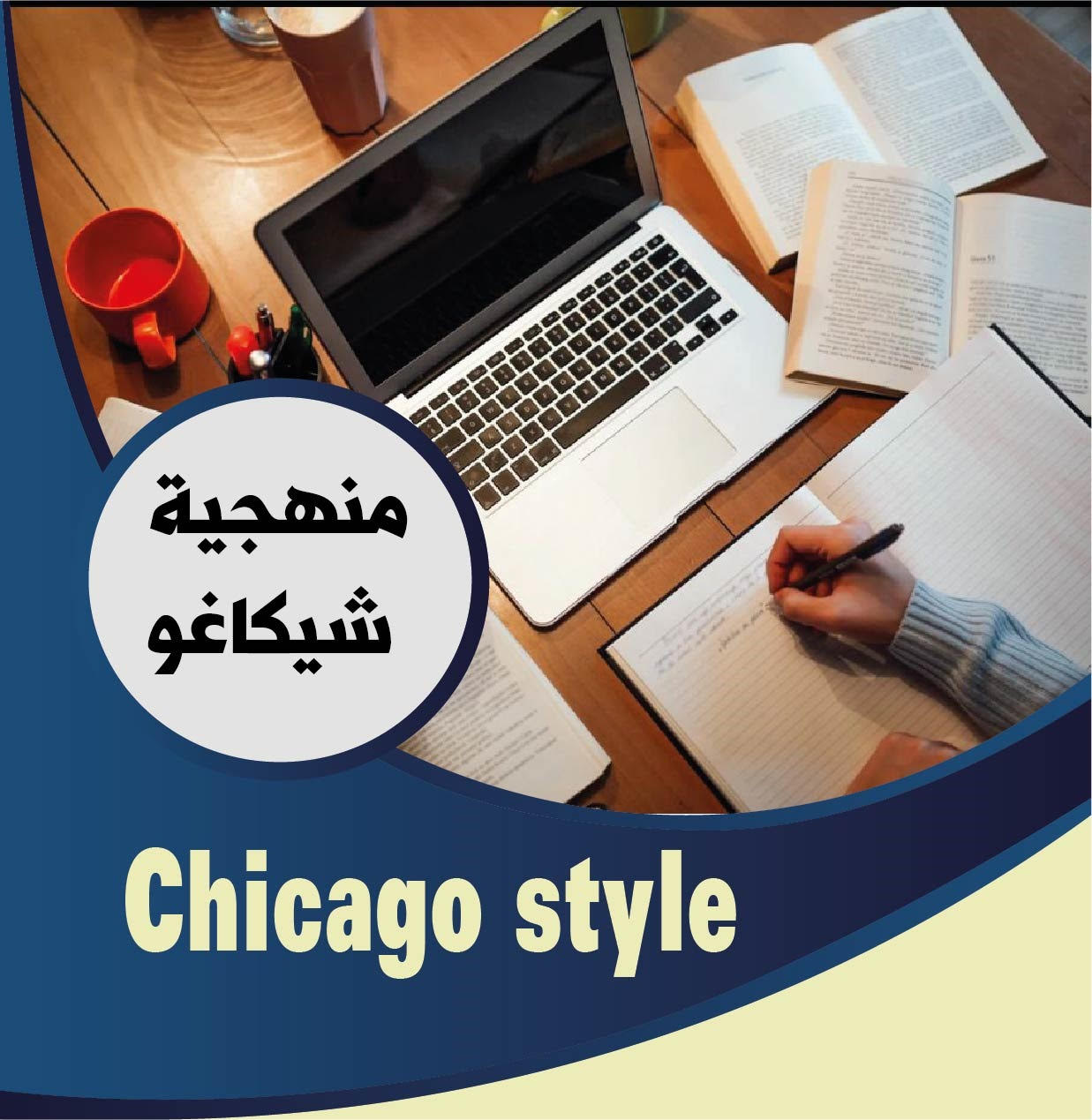Employing soft power in Russian foreign policy
DOI:
https://doi.org/10.61884/hjs.v13i51.524Abstract
This research paper delves into the multifaceted strategies of Russia's soft power, aiming to shed light on how Russia projects its influence globally through cultural diplomacy, media, international alliances, and participation in global governance structures. It critically examines the effectiveness of these strategies in the context of contemporary geopolitical challenges, including sanctions, geopolitical tensions, and internal political dynamics. The study highlights Russia's engagement in the United Nations, BRICS, and the Eurasian Economic Union as key platforms for extending its global influence. Furthermore, it explores Russia's soft power in Eastern Europe, emphasizing historical ties, cultural proximity, and strategic interests. The analysis extends to Russia's involvement in the Middle East, with a particular focus on Syria, showcasing its approach to reasserting itself as a major player in regional affairs. Additionally, the research discusses Russia's expanding influence in Asia and Africa, reflecting on the strategic shift towards these regions as a counterbalance to Western dominance. The paper critically assesses the ethical considerations and allegations of propaganda that challenge the legitimacy of Russia's soft power initiatives. Finally, it provides strategic recommendations for enhancing Russia's soft power efficacy, addressing both internal reforms and international engagement strategies.
Keywords: Russian soft power, cultural diplomacy, international alliances, global governance, strategic recommendations












